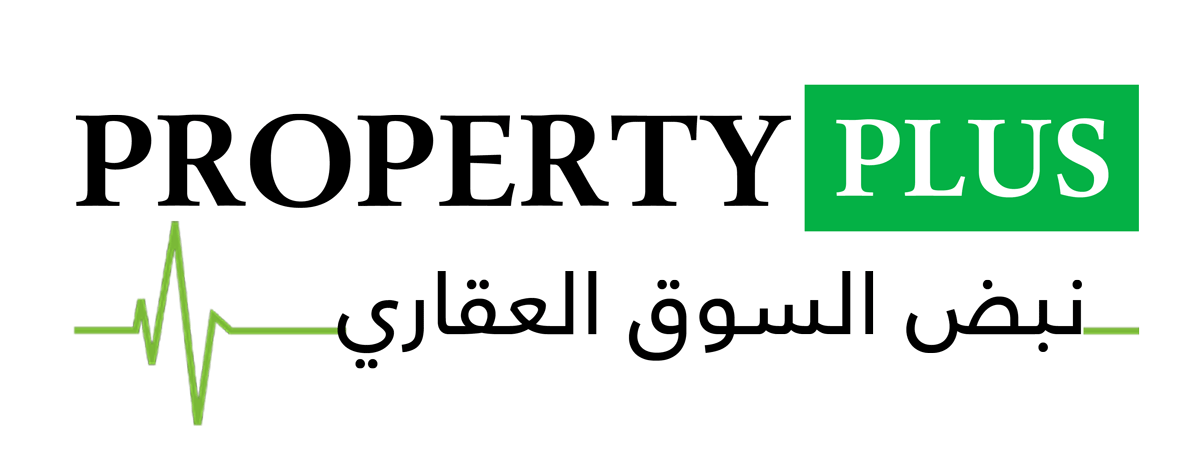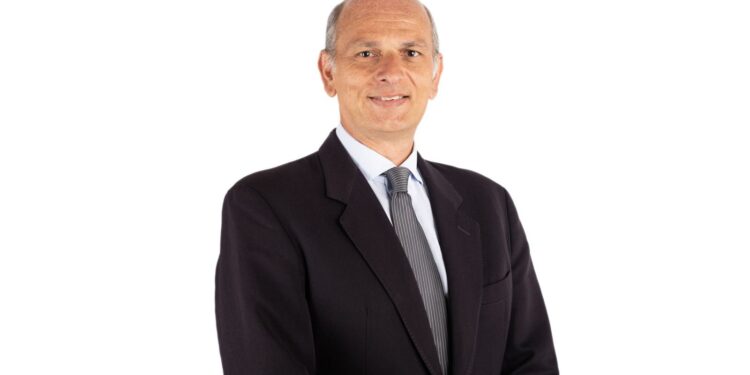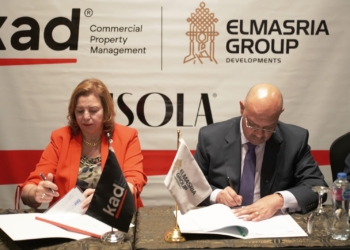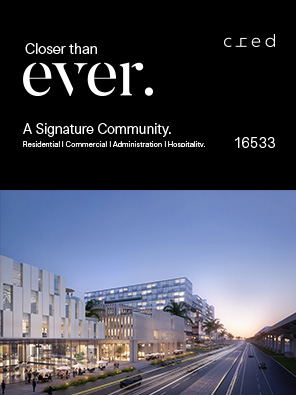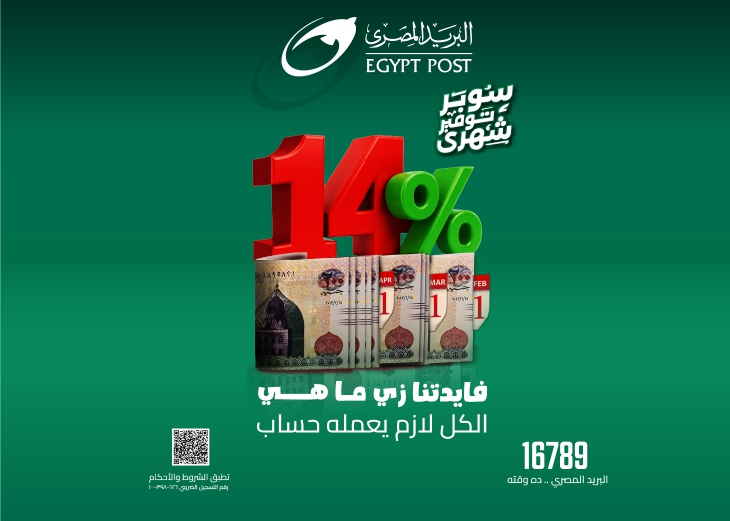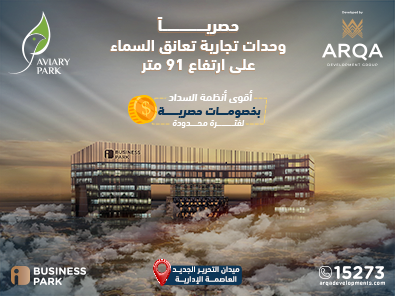The Egyptian government’s focused efforts on enhancing the overall investment climate in the tourism industry is reflected in the hospitality sector’s continued sturdy growth during the last quarter of 2022, according to JLL’s Cairo 2022 Year in Review report.
Egypt, which hosted the 27th session of the Conference of the Parties of the UNFCCC (COP 27) at Sharm el-Sheikh in November last year and offered attractive incentives to the 2022 FIFA World Cup visitors in Qatar, saw increased spending in foreign currencies by inbound tourists that has further helped sustain activity levels in the sector.
“With goals to make Egypt the travel destination of 30 million tourists annually by 2028 and plans to increase the number of airline seats to the country by three-fold, opportunities abound for international hospitality brands to enter the market. Tourism is a key pillar of Egypt’s economy and an infrastructural boost in the leisure and travel industry will have a multiplier effect across all sectors of the economy. This could drive the much-needed foreign direct investments into the country and stimulate growth overall,” said Ayman Sami, Country Head, Egypt at JLL.
Despite the challenging economic environment of 2022, hotels in the capital continued to rebound in Q4. Cairo’s occupancy rate continued to recover in the last quarter with January – November 2022 readings showing an increase to 64%, up from 48% in the corresponding period last year. Over the same period, average daily rates (ADR) jumped by 66% to USD 152, strengthening revenue per available room (RevPar) up by almost 122%, reaching USD 97.
In 2022, around 200 keys were added, taking the capital’s total hotel stock to approximately 28,000 keys. The city is also on track to see the completion of 900 hotel keys in 2023.
New trends in the residential market
Given the macroeconomic situation, a shift in mindset led to the emergence of new trends in the residential sector in Cairo. Although delivery of residential units is seeing a healthy upsurge with close to 35,000 units readying for completion this year – almost double that of the nearly 18,000 units in 2022, the trend has shifted to renting rather than purchasing property. This was reflected in rents growing annually in 6th of October by 9% and by around 3% in New Cairo.
Rents are expected to pick up pace in the short-term as demand continues to build momentum. The new trend has also led start-ups to drive innovations in the sector with the launch of “reverse rental marketplace” solutions that connect landlords and tenants under one umbrella.
Muted sales activity in the primary market led to the re-sale market continuing to witness a surge in prices in Q4 2022. In annual terms, prices were up 16% and 17% in 6th of October and New Cairo, respectively.
Demand for Grade A office space picks up in Q4 2022 due to tenants relocating
Strategies to generate short-term revenue and maintain liquidity such as selling small office spaces (less than 1,000 sq. m.) instead of leasing it was among the defining trends in Cairo’s office sector in Q4.
Over 400,000 sq. m. of floor space is scheduled to be completed in 2023, with a notable proportion of this comprising new buildings planned to be delivered in the New Administrative Capital’s central business district. As for 2022, the delivery of around 193,000 sq. m. floorspace brought Cairo’s total office stock to around 1.9 million sq. m.
The capital city is experiencing a higher demand for Grade A office space, primarily from tenants relocating from older buildings to newer ones. While the mismatch between demand and supply of good quality office space continues, average asking office rents in Cairo went up 5% year-on-year which at USD 347 per sq. m. per annum, remained flat when compared to Q3. Office vacancy rates dropped to 8% compared to 10% in Q4 2021.
Economic uncertainties and anticipated depreciation of the Egyptian pound have hurt business sentiments, leading to a challenging office occupier market in Cairo in Q4. Meanwhile, the drop in the value of the local currency and the ability of the workforce to work across varying time zones have seen strengthened demand for Business Process Outsourcing.
Demand-supply imbalance in retail
Low demand and excess supply defined Cairo’s retail market in 2022. Except for the F&B segment, most expansion plans have been placed on hold. Meanwhile, many landlords in Cairo have started selling retail units to generate cashflow and fund ongoing schemes. This move is expected to have a lasting impact on landlords in the longer term.
Approximately 93,000 sq. m. of retail space was added to Cairo’s stock in 2022, bringing the total stock to around 2.9 million sq. m. The projection for 2023 is expected to touch almost 380,000 sq. m. of retail GLA.
In terms of performance, the vacancy rate in Q4 slightly reduced to 10% from 11% in the third quarter. Similarly, average retail rents across both primary and secondary malls remained stable on a quarterly basis and increased marginally (by 1%) annually.
Inflation reached highs of 19% in November 2022, with F&B and clothing segments recording one of the highest hikes. Furthermore, real wages continued to drop notably, which resulted in consumers focusing mainly on purchasing essential goods.
In the short-term, landlords are likely to primarily focus on maintaining occupancy levels within their properties while retailers will seek out units where landlords provide the most capital expenditure contributions and other incentives.
الرابط المختصر: https://propertypluseg.com/?p=71975

